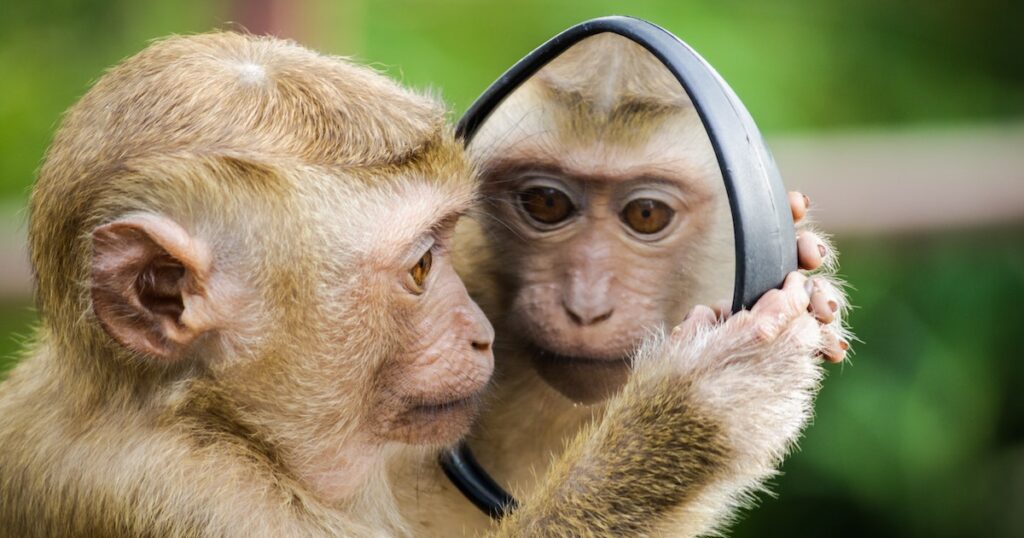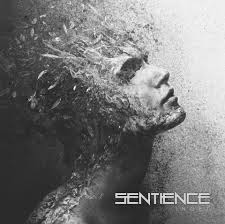

Indeed, the term itself can be dated back to the 1990s when animal welfare groups successfully encouraged the European Parliament to have the rights of “sentient beings” included in the 1997 European Union (EU) constitution ( Roe 2010). The concept of sentience is important in law. We therefore contribute to lively debates in science and technology studies and beyond about how “life is made, valued, and ordered in science” ( Druglitrø 2018, 3) and support a stream of work (e.g., Johnson 2015) which stresses the importance of the context around which the detail of human–nonhuman encounters occur. We call this societal sentience and argue that this concept potentially has purchase beyond the animal research field. However, our starting point is that the very idea of reducing, refining, and replacing animals ( Russell and Burch 1959) rests on a particular understanding of sentience or capacity to “feel.” Drawing on documentary analysis and qualitative interviews with laboratory practitioners, this paper shows how the concept of animal sentience is entangled with a particular imaginary of how society views animals. This paradox helps explain the continued attraction of the 3Rs (see Kirk 2018 Hobson-West 2009). 165).Īs has been frequently noted, the core “paradox” of animal research is that nonhuman animals (henceforth “animals”) are used as models because they are seen to lack certain (ethical) capacities but are used precisely because of their (biological) similarities to humans and their capacity to feel. This interrelationship between animal research, medicine, and technoscience forms the backdrop to Elston’s (2006) insightful summary that the animal research debate has become “a vehicle for argument about what animal experiments have come to symbolize: the claims and power of modern science and a form of medicine that espouses and legitimates such science” (p. Modern animal research has moved away from the academic science of nineteenth century and is now big business ( Peggs 2010), with some claiming that this equates to an “animal–industrial complex” ( Twine 2013 building on Noske 1989).

For example, Rupke (1987) argues that vivisection is what helped medicine turn from an art into a science because embracing vivisection meant embracing the experimental method. Indeed, animal research is arguably not just a method. The use of nonhuman animals as models in research and drug testing is a key route through which contemporary scientific knowledge is certified. Introduction: Certified Knowledge and Animal Sentience Researching and critiquing societal sentience, we argue, may ultimately have more impact on the fate of humans and nonhumans in the laboratory than focusing wholly on ethics as situated practice. We conclude that societal sentience has potential purchase beyond the animal research field, in helping to highlight the affective dimension of public imaginaries and their ethical consequences. Against a backdrop of increasing ethnographic work on care encounters in the laboratory, this concept helps to stress the wider context within which such encounters take place. We call this imaginary societal sentience. Its key claim is that the concept of animal sentience is entangled with a particular imaginary of how the general public or wider society views animals. This paper draws on a documentary analysis of legal documents and qualitative interviews with Named Veterinary Surgeons and others at a commercial laboratory in the UK. Given ethical concerns, regulation of animal research promotes the use of less “sentient” animals.



 0 kommentar(er)
0 kommentar(er)
